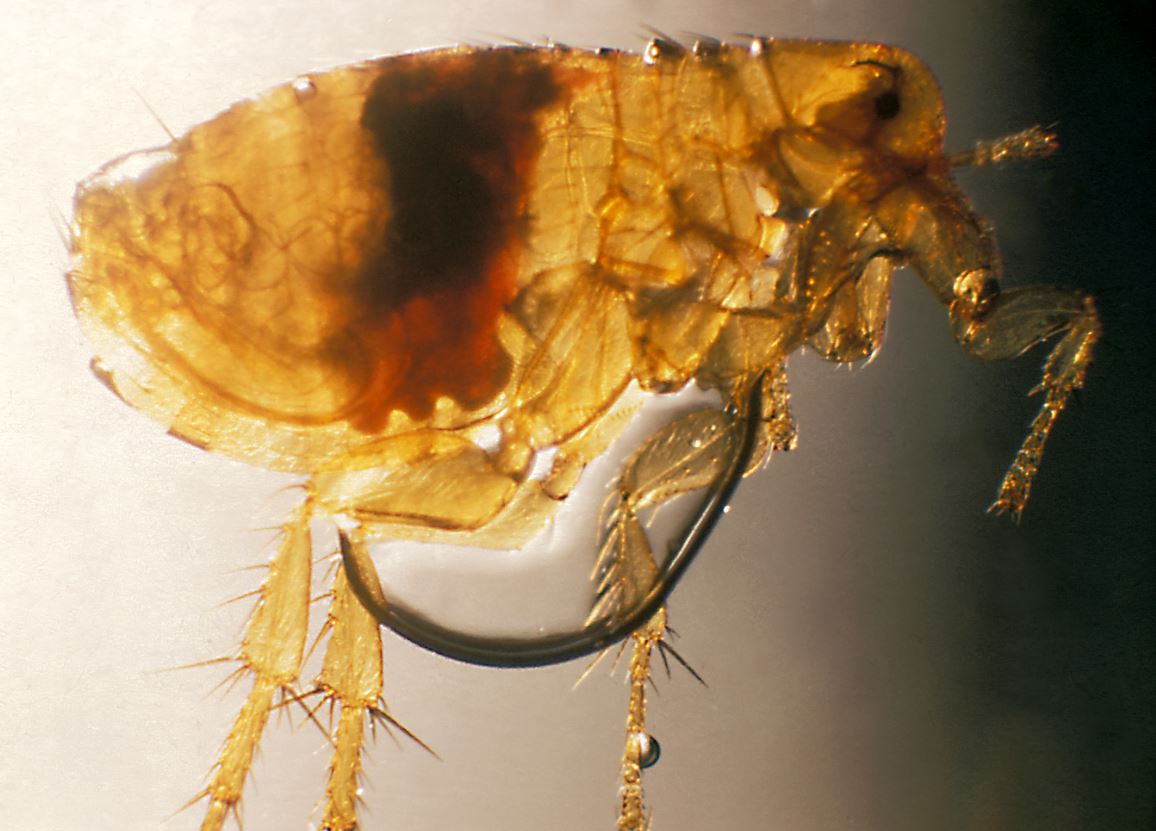
A review of clinical Aspergillus fumigatus isolates collected over nearly 30 years from Dutch hospitals shows rising resistance to triazole antifungals, researchers reported last week in The Lancet Microbe.
For the study, a team of Chinese and Dutch scientists conducted genomic and phenotypic screening of more than 12,000 A fumigatus isolates from Dutch hospitals from 1994 through 2022 for resistance to triazole therapy.
Triazoles are the first-line recommended treatment for invasive aspergillosis, which is caused by inhalation of spores produced by the environmental fungus and can lead to severe lung infections in at-risk populations, including those with severe influenza and COVID-19. The researchers were looking for signature genetic mutations that confer resistance to triazoles and have emerged in samples of A fumigatus collected from plants and soil in response to widespread use of agricultural fungicides.
Of the 12,679 isolates screened, 1,979 (15.6%) harbored cyp15A triazole resistance mutations, predominantly caused by tandem repeat (TR) of 34 bases (TR34/Leu98His) and 46 bases (TR46/Tyr121Phe/Thr289Ala) in the promoter region, which correspond with signature triazole resistance phenotypes.
Phenotype and genotype variations were observed in 325 (17.2%) triazole-resistant isolates harboring a TR-resistance mechanism, including 12 cyp51A genotype variants. Triazole phenotype and genotype variations appeared to be more frequent in isolates collected since 2017 compared with those collected from 1994 to 2004.
A 'major clinical challenge'
A review of 59 patients with confirmed or probable invasive aspergillosis infections found that 13 (22%) had triazole-resistant cases, of which three were caused by genotype variants. Mixed-genotype infection was observed in 11 (84.6%) of 13 triazole-resistant patients, and the number of antifungal treatment switches in those patients was much higher than in those with triazole-susceptible infections.
"Triazole resistance variation and mixed A fumigatus genotypes represent a major challenge in clinical management of Aspergillus diseases because current molecular diagnostic tools will increasingly fail to predict the resistance phenotype, underscoring the need for improved detection methods," the study authors wrote.
The authors add that the findings highlight the need for international One Health resistance surveillance programs for A fumigatus.
















